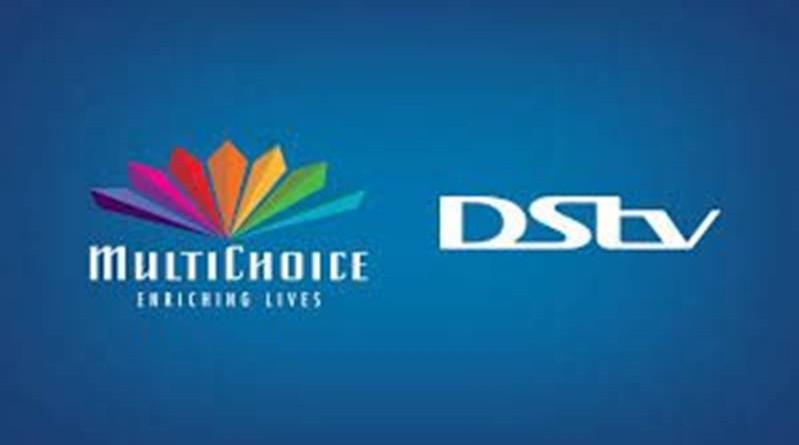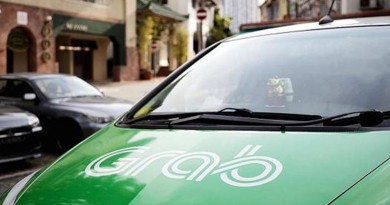Multichoice is lobbying to have Netflix regulated
Spooked by Netflix’s growing popularity among African viewers, the continent’s largest television operator wants the disruptor to be regulated.
This call for regulation is a common call from established monopolies who find their grip on a local market challenged by a tech disruptor, and MultiChoice is no different. At first the South African company tried to compete, launching its own streaming service as eyeballs moved online. Now it’s resorted to calling for stricter rules in its own market.
MultiChoice CEO Calvo Mawela blamed an unregulated Netflix for their lost of more than 100,000 subscribers in the last financial year, and an additional 40,000 in this cycle. In a July 12 interview with the Business Day newspaper in South Africa, Mawela called on regulators to clamp down on Netflix and other over-the-top services.
It isn’t the first time Mawela has bemoaned Netflix’s disruption. In a testimony to the Independent Communications Authority of South Africa, the CEO said over-the-top service providers like Netflix were already at an advantage because they did not have to contend with affirmative action regulations and Black Economic Empowerment (South Africa’s broad policy to level the post apartheid playing field).
Though Netflix numbers in Africa have not been formally disclosed, it is still nascent in a continent where it has only been available for since January 2016 and where bandwidth costs and speeds could limit its reach. DSTV estimates Netflix has between 300,000 to 400,000 subscribers in South Africa, the continent’s most advanced economy, where DStv reportedly had 6.6 million subscribers last year. In June 2018 Naspers reported just under 13,5 million subscriber homes for their video services in sub-Saharan Africa, a 13% increase from the previous year thanks to MultiChoice, DStv and GOtv.
MultiChoice itself is currently opposing increased regulations from the communications authority. The Independent Communications Authority of South Africa (ICASA) is looking into the lack of competitiveness in South Africa’s PayTV market and the high costs to subscribers.
Given that South Africa-headquartered companies like MultiChoice and KweseTV operate throughout the continent, changes in local legislation could have international repercussions. It’s why Mawela wants Netflix to be subject to the same kind of scrutiny.
“As a country we have national objectives … if I was to be very narrow, I would say [to Icasa]: treat us like Netflix, so we do not have to pay tax or comply with black economic empowerment regulations,” he told the South African newspaper. “I am saying bring the likes of Netflix in the same net. Netflix does not employ even one person in this country, it doesn’t pay tax, they do not have to do any local content.”
Without irony, he wants the PayTV playing field leveled, even as he laments having to submit to regulations to level South Africa’s socio-economic the playing field. MultiChoice’s parent company, Naspers, became one of the world’s largest tech investors after building its foundation as the mouthpiece of the apartheid government. It’s also revealing that Mawela seems to view local content as a burden, as Netflix moves to source more African content.
As South Africa integrated into the continent after apartheid, MultiChoice used its infrastructure to take advantage of an under-developed media industry to become the most dominant television company in Africa. With Netflix moving in on its turf bringing with it greater variety and cheaper subscription fees, MultiChoice is trying to convince the world it is the underdog.
Quartz Africa




